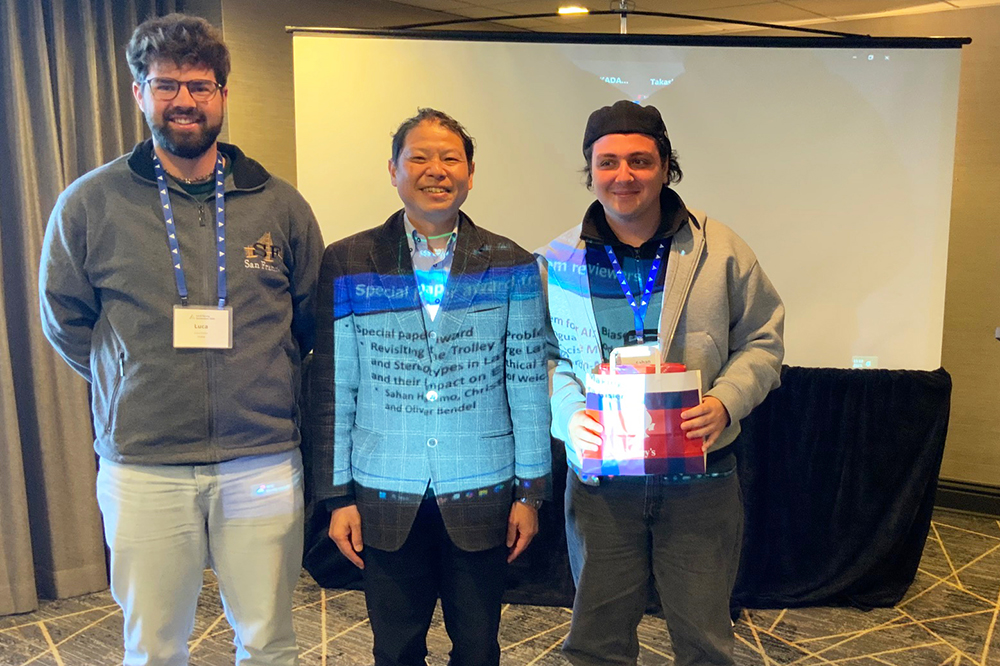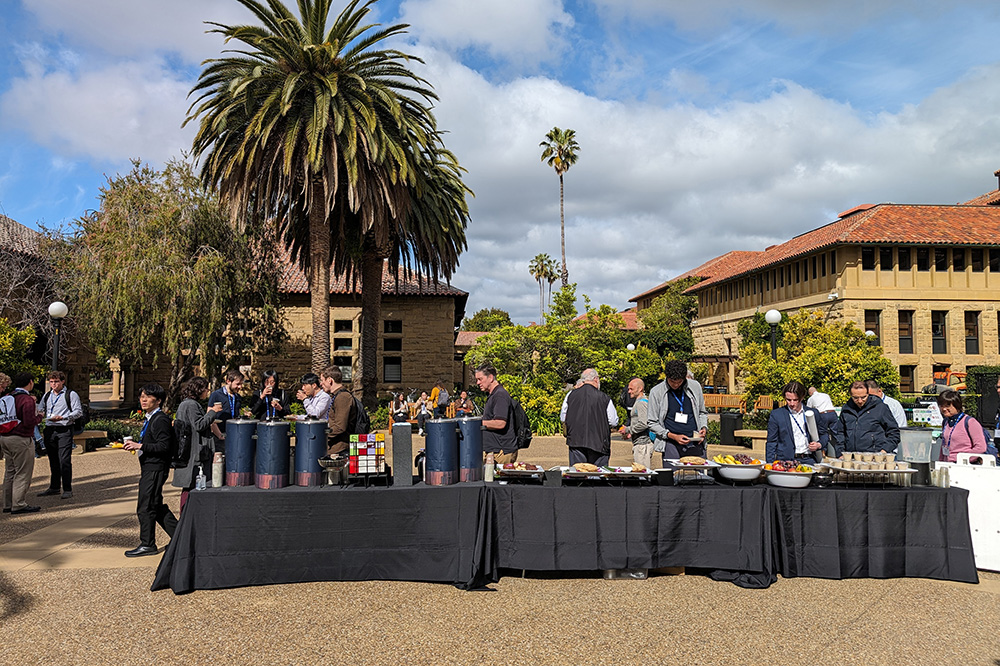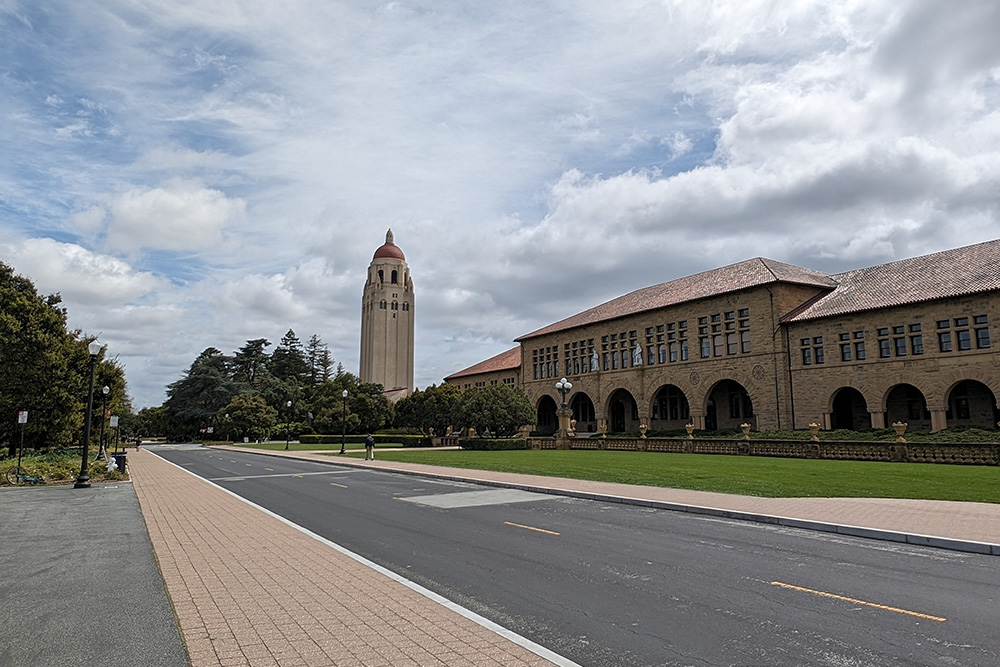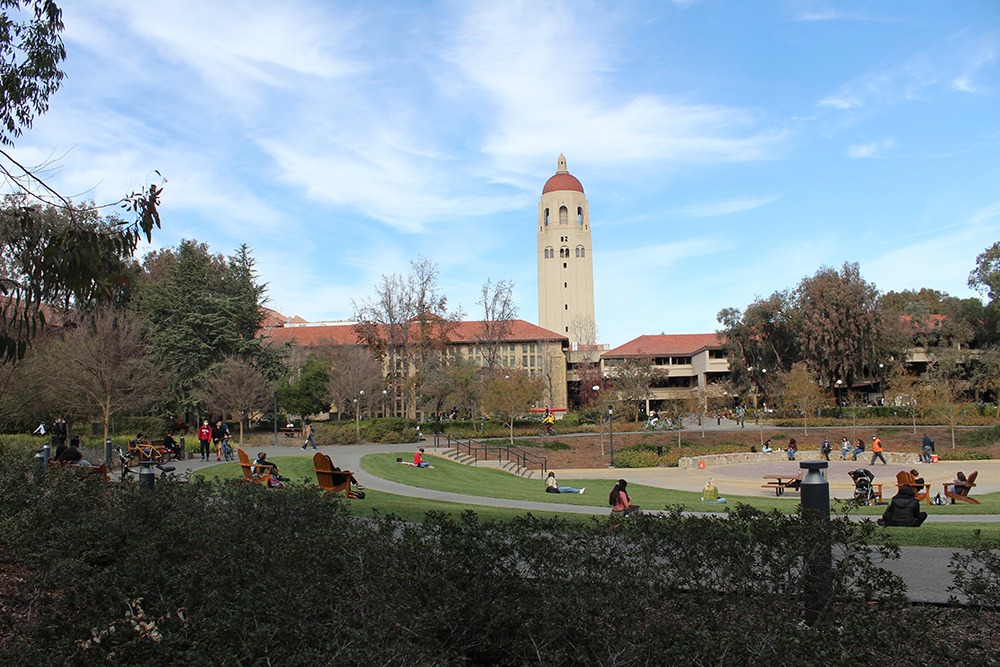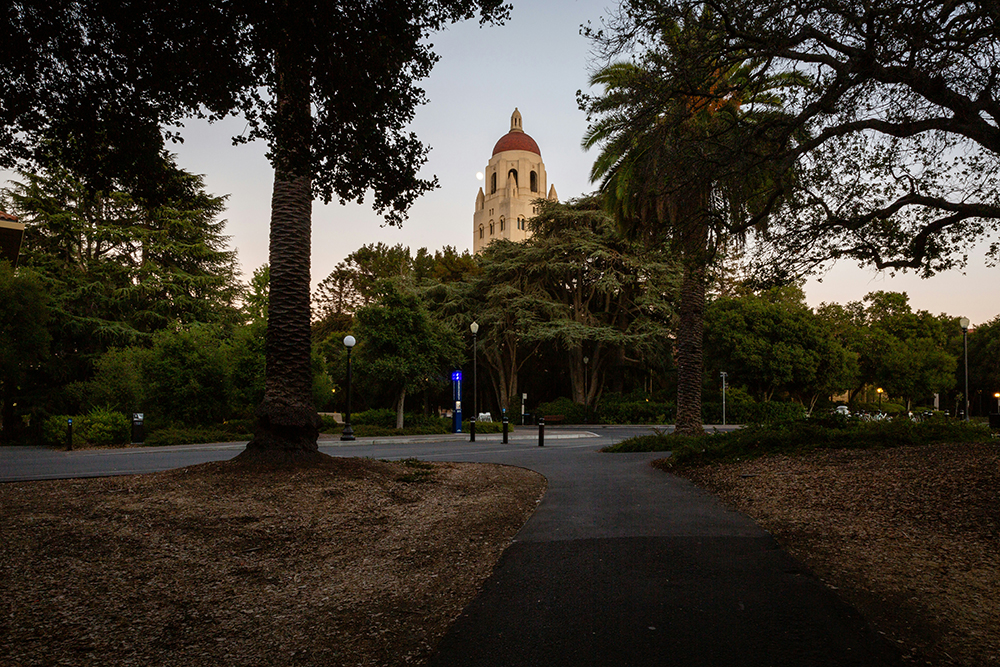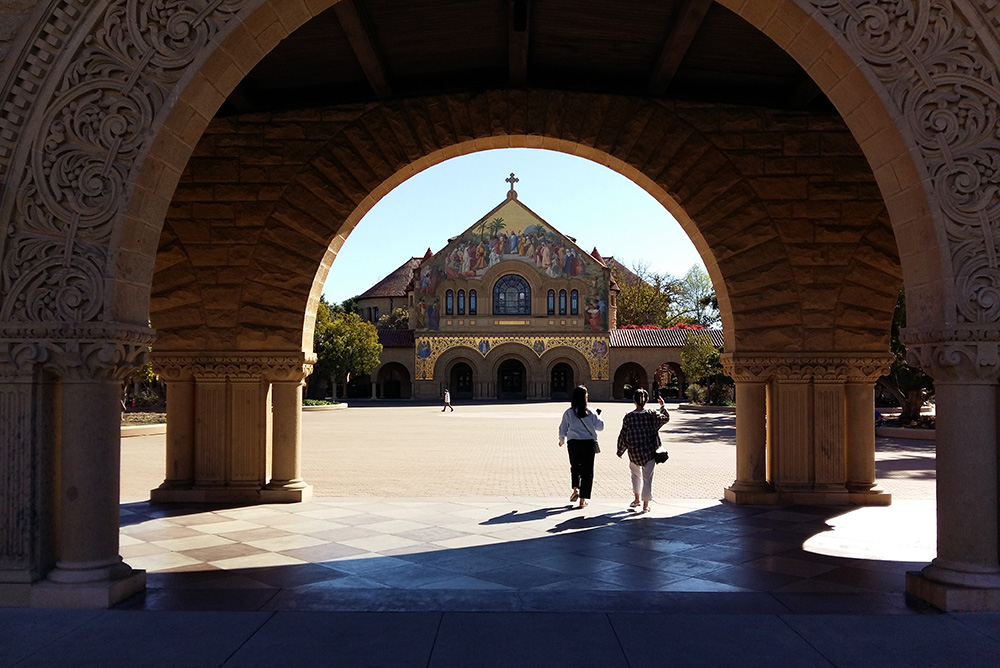On May 28, 2025, the “Proceedings of the 2025 AAAI Spring Symposium Series” (Vol. 5 No. 1) were published. Oliver Bendel was involved in two papers at the symposium “Human-Compatible AI for Well-being: Harnessing Potential of GenAI for AI-Powered Science”. The paper “Revisiting the Trolley Problem for AI: Biases and Stereotypes in Large Language Models and their Impact on Ethical Decision-Making” by Sahan Hatemo, Christof Weickhardt, Luca Gisler, and Oliver Bendel is summarized as follows: “The trolley problem has long served as a lens for exploring moral decision-making, now gaining renewed significance in the context of artificial intelligence (AI). This study investigates ethical reasoning in three open-source large language models (LLMs) – LLaMA, Mistral and Qwen – through variants of the trolley problem. By introducing demographic prompts (age, nationality and gender) into three scenarios (switch, loop and footbridge), we systematically evaluate LLM responses against human survey data from the Moral Machine experiment. Our findings reveal notable differences: Mistral exhibits a consistent tendency to over-intervene, while Qwen chooses to intervene less and LLaMA balances between the two. Notably, demographic attributes, particularly nationality, significantly influence LLM decisions, exposing potential biases in AI ethical reasoning. These insights underscore the necessity of refining LLMs to ensure fairness and ethical alignment, leading the way for more trustworthy AI systems.” The renowned and traditional conference took place from March 31 to April 2, 2025 in San Francisco. The proceedings are available at ojs.aaai.org/index.php/AAAI-SS/issue/view/654.
Miss Tammy in the AAAI Proceedings
On May 28, 2025, the “Proceedings of the 2025 AAAI Spring Symposium Series” (Vol. 5 No. 1) were published. Oliver Bendel was involved in two papers at the symposium “Human-Compatible AI for Well-being: Harnessing Potential of GenAI for AI-Powered Science”. The paper “Miss Tammy as a Use Case for Moral Prompt Engineering” by Myriam Rellstab and Oliver Bendel is summarized as follows: “This paper describes an LLM-based chatbot as a use case for moral prompt engineering. Miss Tammy, as it is called, was created between February 2024 and February 2025 at the FHNW School of Business as a custom GPT. Different types of prompt engineering were used. In addition, RAG was applied by building a knowledge base with a collection of netiquettes. These usually guide the behavior of users in communities but also seem to be useful to control the actions of chatbots and make them competent in relation to the behavior of humans. The tests with pupils aged between 14 and 16 showed that the custom GPT had significant advantages over the standard GPT-4o model in terms of politeness, appropriateness, and clarity. It is suitable for de-escalating conflicts and steering dialogues in the right direction. It can therefore contribute to users’ well-being and is a step forward in human-compatible AI.” The renowned and traditional conference took place from March 31 to April 2, 2025 in San Francisco. The proceedings are available at ojs.aaai.org/index.php/AAAI-SS/issue/view/654.
Revisiting the Trolley Problem for AI
The paper “Revisiting the Trolley Problem for AI: Biases and Stereotypes in Large Language Models and their Impact on Ethical Decision-Making” by Şahan Hatemo, Christof Weickhardt, Luca Gisler, and Oliver Bendel received the Special Paper Award from the reviewers of the AAAI 2025 Spring Symposium “Human-Compatible AI for Well-being: Harnessing Potential of GenAI for AI-Powered Science”. The three bachelor students from the FHNW School of Computer Science gave their presentation on site in San Francisco as part of the AAAI 2025 Spring Symposia. Prof. Dr. Bendel from the FHNW School of Business had given them feedback on the project and placed it in the context of machine ethics. He has been involved in the well-known and popular conference, which usually takes place at Stanford University, since 2016. This time, he was keeping his fingers crossed from Italy. The proceedings of the AAAI 2025 Spring Symposia will be published shortly.
The AAAI Spring Symposia are Back Again
On the second day of the AAAI Spring Symposia, one could already get the impression that the traditional conference has returned to its former greatness. The Covid pandemic had damaged it. In 2023, there were still too few participants for some symposia. Many stayed home and watched the sessions online. It was difficult for everyone involved. But the problems had already started in 2019. At that time, the Association for the Advancement of Artificial Intelligence had decided not to publish the proceedings centrally any more, but to leave it to the individual organizers. Some of them were negligent or disinterested and left the scientists alone with their demands. In 2024, the association took over the publication process again, which led to very positive reactions in the community. Last but not least, of course, the boost from generative AI helped. In 2024, you can see many happy and exuberant AI experts at Stanford University, with mild temperatures and lots of sunshine.
Generative AI at Stanford University
On March 26, 2024, Oliver Bendel (School of Business FHNW) gave two talks on generative AI at Stanford University. The setting was the AAAI Spring Symposia, more precisely the symposium “Impact of GenAI on Social and Individual Well-being (AAAI2024-GenAI)”. One presentation was based on the paper “How Can Generative AI Enhance the Well-being of the Blind?” by Oliver Bendel himself. It was about the GPT-4-based feature Be My AI in the Be My Eyes app. The other presentation was based on the paper “How Can GenAI Foster Well-being in Self-regulated Learning?” by Stefanie Hauske (ZHAW) and Oliver Bendel. The topic was GPTs used for self-regulated learning. Both talks were received with great interest by the audience. All papers of the AAAI Spring Symposia will be published in spring. The proceedings are edited by the Association for the Advancement of Artificial Intelligence itself.
AAAI Spring Symposia Return to their Roots
The AAAI Spring Symposium Series will be held at Stanford University on March 25-27, 2024. The symposium co-chairs are Christopher Geib (SIFT, USA) and Ron Petrick (Heriot-Watt University, UK). Since 2019, the Association for the Advancement of Artificial Intelligence has not published the proceedings itself, but left this to the organizers of the individual symposia. This had unfortunate consequences. For example, some organizers did not publish the proceedings at all, and the scientists did not know this in advance. This, in turn, had consequences for the funding of travel and fees, since many universities will only pay for their members to attend conferences if they are linked to a publication. This major flaw, which damaged the prestigious conference, was fixed in 2024. As of this year, AAAI once again offers centralized publication, along with an excellent quality assurance process. Over the past ten years, the AAAI Spring Symposia have been relevant not only to classical AI, but also to roboethics and machine ethics. Groundbreaking symposia were, for example, “Ethical and Moral Considerations in Non-Human Agents” in 2016, “AI for Social Good” in 2017, or “AI and Society: Ethics, Safety and Trustworthiness in Intelligent Agents” in 2018. In 2024, you can look forward to the “Impact of GenAI on Social and Individual Well-being” symposium, which will focus on an app for the blind and GPTs as virtual learning companions (VLCs), among other things. More information is available at aaai.org/conference/spring-symposia/sss24/ (Image: DALL-E 3).
Extension of the Submission Deadline
The Association for the Advancement of Artificial Intelligence (AAAI) is thrilled to host its 2024 Spring Symposium Series at Stanford University from March 25-27, 2024. With a diverse array of symposia, each hosting 40-75 participants, the event is a vibrant platform for exploring the frontiers of AI. Of the eight symposia, only three are highlighted here: Firstly, the “Bi-directionality in Human-AI Collaborative Systems” symposium promises to delve into the dynamic interactions between humans and AI, exploring how these collaborations can evolve and improve over time. Secondly, the “Impact of GenAI on Social and Individual Well-being” addresses the profound effects. of generative AI technologies on society and individual lives. Lastly, “Increasing Diversity in AI Education and Research” focuses on a crucial issue in the tech world: diversity. It aims to highlight and address the need for more inclusive approaches in AI education and research, promoting a more equitable and diverse future in the field. Each of these symposia offers unique insights and discussions, making the AAAI 2024 Spring Symposium Series a key event for those keen to stay at the cutting edge of AI development and its societal implications. Some symposia have extended the deadline for the submission of abstracts and papers to January 7 or even 12. More information is available at aaai.org/conference/spring-symposia/sss24/#ss01.
AAAI 2024 Spring Symposium Series
The Association for the Advancement of Artificial Intelligence (AAAI) is thrilled to host its 2024 Spring Symposium Series at Stanford University from March 25-27, 2024. With a diverse array of symposia, each hosting 40-75 participants, the event is a vibrant platform for exploring the frontiers of AI. Of the eight symposia, only three are highlighted here: Firstly, the “Bi-directionality in Human-AI Collaborative Systems” symposium promises to delve into the dynamic interactions between humans and AI, exploring how these collaborations can evolve and improve over time. Secondly, the “Impact of GenAI on Social and Individual Well-being” addresses the profound effects. of generative AI technologies on society and individual lives. Lastly, “Increasing Diversity in AI Education and Research” focuses on a crucial issue in the tech world: diversity. It aims to highlight and address the need for more inclusive approaches in AI education and research, promoting a more equitable and diverse future in the field. Each of these symposia offers unique insights and discussions, making the AAAI 2024 Spring Symposium Series a key event for those keen to stay at the cutting edge of AI development and its societal implications. More information is available at aaai.org/conference/spring-symposia/sss24/#ss01.
AAAI Spring Symposia Proceedings 1992-2018
The AAAI Spring Symposia is a legendary conference that has been held since 1992. It usually takes place at Stanford University. Until 2018, the leading US artificial intelligence organization itself published the proceedings. Since 2019, each symposium is responsible for its own. Following a restructuring of the AAAI website, the proceedings can be found in a section of the new “AAAI Conference and Symposium Proceedings” page. In 2016, Stanford University hosted one of the most important gatherings on machine ethics and robot ethics ever, the symposium “Ethical and Moral Considerations in Non-Human Agents” … Contributors included Peter M. Asaro, Oliver Bendel, Joanna J. Bryson, Lily Frank, The Anh Han, and Luis Moniz Pereira. Also present was Ronald C. Arkin, one of the most important and – because of his military research – controversial machine ethicists. The 2017 and 2018 symposia were also groundbreaking for machine ethics and attracted experts from around the world. The papers can be accessed at aaai.org/aaai-publications/aaai-conference-proceedings.
Proceedings of “How Fair is Fair? Achieving Wellbeing AI”
On November 17, 2022, the proceedings of “How Fair is Fair? Achieving Wellbeing AI” (organizers: Takashi Kido and Keiki Takadama) were published on CEUR-WS. The AAAI 2022 Spring Symposium was held at Stanford University from March 21-23, 2022. There are seven full papers of 6 – 8 pages in the electronic volume: “Should Social Robots in Retail Manipulate Customers?” by Oliver Bendel and Liliana Margarida Dos Santos Alves (3rd place of the Best Presentation Awards), “The SPACE THEA Project” by Martin Spathelf and Oliver Bendel (2nd place of the Best Presentation Awards), “Monitoring and Maintaining Student Online Classroom Participation Using Cobots, Edge Intelligence, Virtual Reality, and Artificial Ethnographies” by Ana Djuric, Meina Zhu, Weisong Shi, Thomas Palazzolo, and Robert G. Reynolds, “AI Agents for Facilitating Social Interactions and Wellbeing” by Hiro Taiyo Hamada and Ryota Kanai (1st place of the Best Presentation Awards) , “Sense and Sensitivity: Knowledge Graphs as Training Data for Processing Cognitive Bias, Context and Information Not Uttered in Spoken Interaction” by Christina Alexandris, “Fairness-aware Naive Bayes Classifier for Data with Multiple Sensitive Features” by Stelios Boulitsakis-Logothetis, and “A Thermal Environment that Promotes Efficient Napping” by Miki Nakai, Tomoyoshi Ashikaga, Takahiro Ohga, and Keiki Takadama. In addition, there are several short papers and extended abstracts. The proceedings can be accessed via ceur-ws.org/Vol-3276/.


